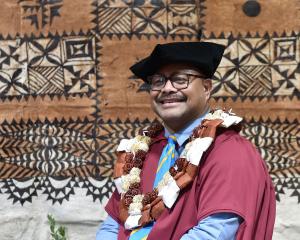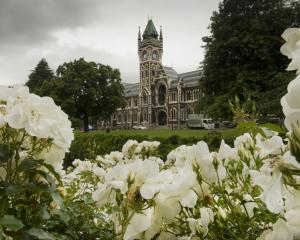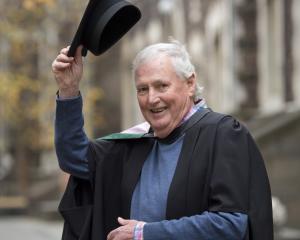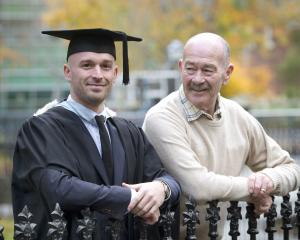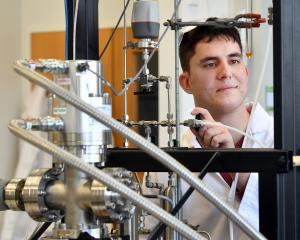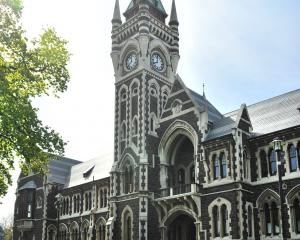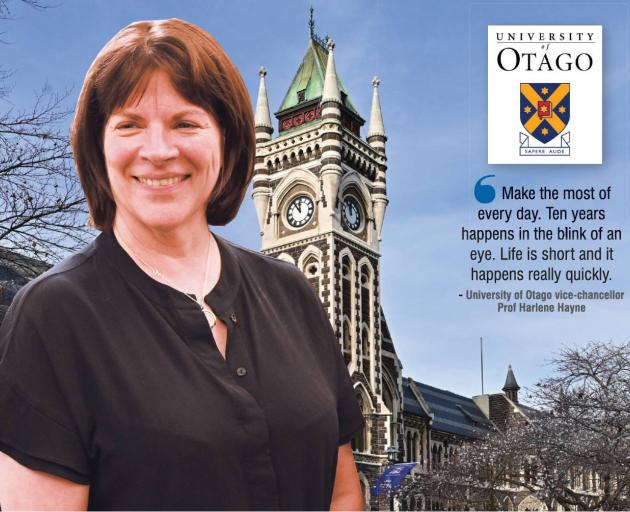
Prof Hayne, at her final university council meeting, yesterday delivered some good news to the council and received some good news herself.
Prof Hayne will leave the university next month to take up a position as vice-chancellor at Curtin University in Perth, Western Australia.
Yesterday she learned she would be recognised for her contribution to the University of Otago with an honorary doctor of laws degree at a graduation celebration on Saturday in Dunedin.
She joined the university in the psychology department in 1992 and was appointed vice-chancellor in 2011.
In her final report to the university council yesterday, Prof Hayne said she vividly recalled the meeting where she delivered her first report a decade earlier.
It was a reminder, she said, to make the most of every day.
"Ten years happens in the blink of an eye," Prof Hayne said. "Life is short and it happens really quickly."
She promised not to "meddle" in university affairs, but said she would continue to keep an eye on the school from across the Tasman.
Prof Hayne said strong enrolment numbers revealed at yesterday’s meeting showed the university was on its way to a "successful and prosperous" recovery from the impacts of Covid-19.
Provisional enrolment growth at the university was strong enough that its previous budget deficit of $13million for 2021 was likely to be reduced.
Figures now showed an increase of 952 equivalent full-time student (EFTS) enrolments, or 5.4% growth, over the same time last year.
The predicted increase in domestic students (1341 EFTS) was more than enough to offset the decline (389 EFTS) in international full-fee enrolments, she said.
And the increase in enrolments was good news for Dunedin’s economy, Prof Hayne said.
Overall growth was across all four university academic divisions, and included a strong gain in first-year enrolments, as well as more returning students at both undergraduate and postgraduate levels.
Maori and Pacific student numbers both had noteworthy increases, she said.
An upswing in university enrolments was normal at any time when the labour market and economy were under pressure.
But the magnitude of the domestic increase this time was greater than in other recent downturns, such as the Global Financial Crisis, she said.


